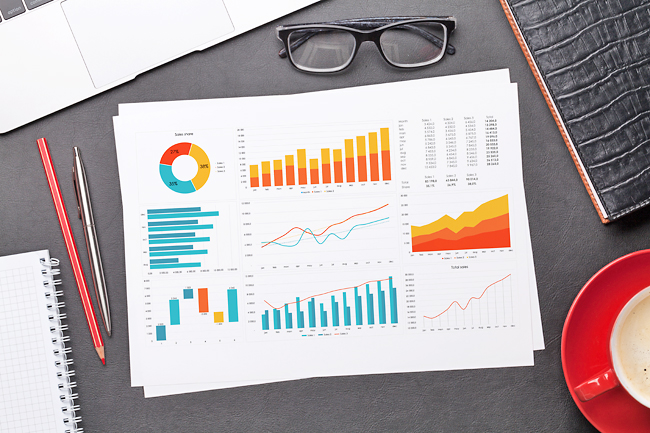The Ministry of Finance and Economy (MoFE) has projected a growth rate of between 3.3 per cent and four per cent in the Sultanate this year, taking into account the increase in the production of crude oil and natural gas, said Minister at the Prime Minister’s Office and Minister of Finance and Economy II Yang Berhormat Dato Seri Setia Dr Awang Haji Mohd Amin Liew bin Abdullah on the third day of the 20th session of the Legislative Council meeting yesterday.
The minister said the projection is also based on “the increased efforts in diversifying the economy”, with Hengyi Industries Sdn Bhd, Brunei Methanol Company Sdn Bhd (BMC) and Brunei Fertilizer Industries Sdn Bhd (BFI) generating activities in the downstream oil and gas industry.
He noted that foreign agencies, such as International Monetary Fund (IMF), ASEAN+3 Macroeconomic Research Office (AMRO) and Asian Development Bank (ADB), are equally optimistic about the country’s economy, with IMF predicting a 3.5-per-cent increase, AMRO at 2.4 per cent and ADB at 2.5 per cent.
Despite the positive outlook, the minister cautioned that there are external forces that could impact an economy that is dependent on imports, citing the recent global inflation crisis that increased at a rate of 6.9 per cent. Nonetheless, he applauded the efforts by various government agencies in keeping the national inflation of 2023 at “a low rate of 0.4 per cent, while food prices at 2.7 per cent”.
Yang Berhormat Dato Seri Setia Dr Awang Haji Mohd Amin Liew also said the country is “working on several products to substitute import goods”, notably the collaboration between Ghanim International Corporation Sdn Bhd and Western Foods and Packaging Sdn Bhd to launch the country’s first cooking oil under the brand, BruneiHalalFoods.
He added, “We need to continue our efforts to further diversify the economy to realise Brunei Vision 2035, in particular the third goal of achieving a dynamic and resilient economy.” On the global front, the minister noted the gradual economic recovery from the COVID-19 pandemic, especially in the last six months of 2023, which he attributed to the increased spending by governments and the private sector, increased labour availability, increased supply chain efficiency, and reduced energy costs and commodities.
While the IMF recently revised the global growth projection for 2024 from 2.9 per cent to 3.1 per cent, he said it is nowhere near the average growth of 3.8 per cent from 2000 to 2019 as the world economy “is likely going to face challenges and uncertainties caused by prolonged geopolitical turbulence, global inflation pressures, global financial instability risks and increased adverse effects of climate change”. – James Kon










